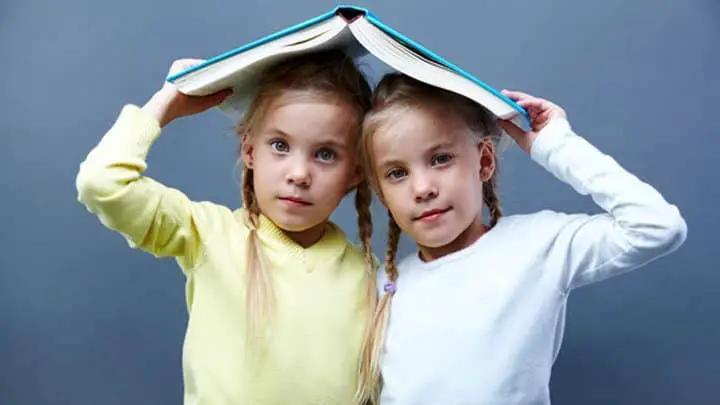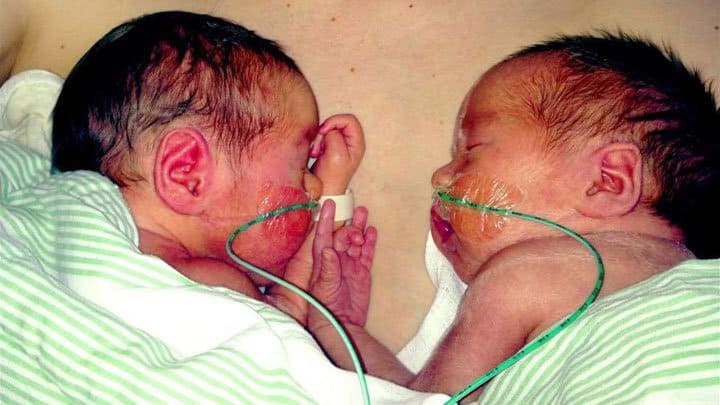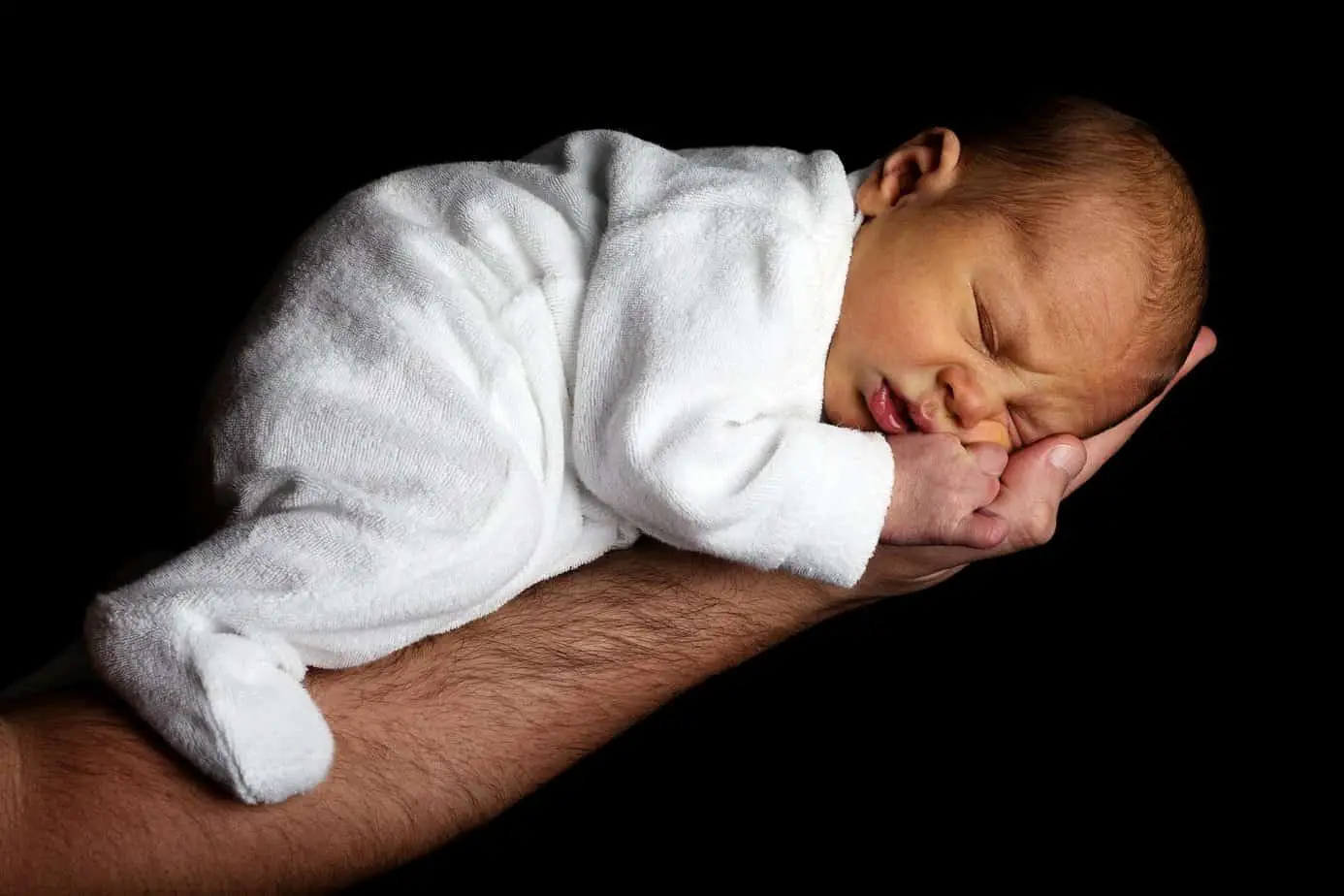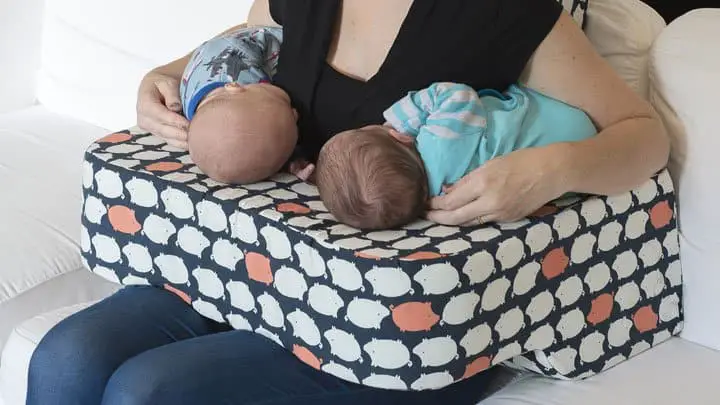Parents’ Relationship Problems Make Externalizing Behavior Worse
A new study published in the Child and Adolescent Social Work Journal* explores the extent to which parents’ relationship quality affects children’s externalizing problems. Externalizing behaviors are negative behaviors that are directed toward the external environment. It can be disobeying rules, physical aggression, threatening others and hyperactivity. The researchers also looked at whether the quality of the mother–child relationship and the family’s socio-demographic background had a moderating effect.
*Child and Adolescent Social Work Journal (CASW) features articles that focus on social work practice with children, adolescents and their families.
Greatest amongst poorer children
The researchers found the the quality of the parents’ relationship was clearly related to children’s externalizing problems at ages three and five. They also found that a reported warm relationship between a mother and her child does not reduce the harmful effects of a conflictual relationship between parents, but a coinciding conflictual relationship between mother and child makes the externalizing behavior worse. The effect of parents’ relationship quality is the same for children from different ethnic and marital status backgrounds as well as for the mother’s education and the children’s genders. However, it is greatest amongst children from a poor background.
Help parents achieve a better relationship
At age five, poor children with the lowest level of parents’ relationship quality have an externalizing score of 7.21 while poor children with the highest level have a score of 4.16; a three point difference. In contrast, among children from a wealthier background, those with the lowest level of parent relationship quality have an externalizing score of 6.16 while those with the highest level have a score of 4.01; a difference of 2.15 points. The researchers concluded that policies and intervention programs that help parents achieve a better relationship are likely to be beneficial for children from different family contexts, but especially for those from poor families.















Suzanne, sorry your twins had a horrible experience.
A recent study about classroom separation of twins actually advise against rigid guidelines to separate twins during their education: https://about-twins.com/children/classroom-separation/
It also doesn’t help that this is the time children start school (age 5). Mine had a horrible kindergarten experience because their teacher kept them separate at all times. Schools need more information on how to deal with identical twins. Separation can be harmful in the first few years.